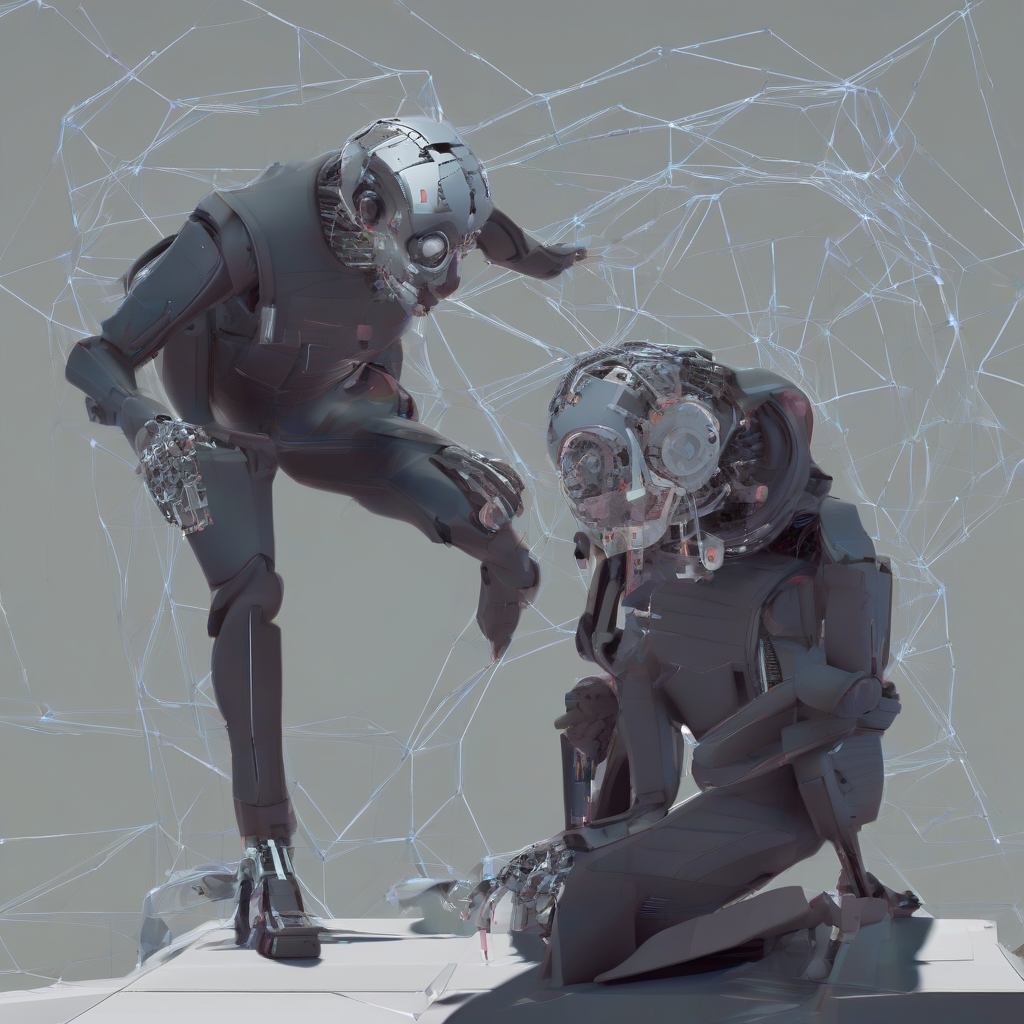Unlocking Your Potential: A Comprehensive Guide to Online Master’s in Industrial Engineering
The field of industrial engineering is experiencing a surge in demand, driven by the ever-evolving technological landscape and the increasing need for optimized processes across various industries. Pursuing a Master’s degree in Industrial Engineering (IE) can significantly boost your career prospects, offering specialized skills and knowledge to tackle complex challenges in manufacturing, supply chain management, healthcare, and beyond. However, the traditional route of pursuing a full-time, on-campus program may not always be feasible. This is where online Master’s in Industrial Engineering programs emerge as a highly attractive and flexible alternative.
Why Choose an Online Master’s in Industrial Engineering?
- Flexibility and Convenience: Online programs offer unparalleled flexibility, allowing students to study at their own pace and schedule. This is particularly beneficial for working professionals who need to balance their studies with their careers and personal commitments.
- Accessibility: Geographic location is no longer a barrier to accessing high-quality education. Online programs open doors to students worldwide, regardless of their proximity to a physical campus.
- Affordability: Online programs can often be more affordable than traditional on-campus programs, as they eliminate expenses associated with commuting, accommodation, and on-campus facilities.
- Technological Proficiency: The online learning environment exposes students to a wide range of technological tools and platforms, enhancing their digital literacy and preparing them for the increasingly digitalized workplace.
- Networking Opportunities: Despite the virtual setting, online programs often facilitate networking opportunities through online forums, collaborative projects, and virtual events, allowing students to connect with peers and industry professionals from diverse backgrounds.
Curriculum and Specializations: What to Expect
Online Master’s in Industrial Engineering programs typically cover a comprehensive range of core subjects, including:
- Operations Research: Developing and applying mathematical models to optimize processes and decision-making.
- Supply Chain Management: Managing the flow of goods and services from origin to consumption, focusing on efficiency and cost-effectiveness.
- Production Planning and Control: Optimizing manufacturing processes to ensure efficient production and timely delivery.
- Quality Control and Improvement: Implementing methods to ensure consistent quality and identify areas for improvement.
- Simulation and Modeling: Utilizing computer simulations to analyze and optimize complex systems.
- Data Analysis and Statistics: Applying statistical methods to analyze data, identify trends, and support decision-making.
- Ergonomics and Human Factors: Designing workspaces and processes to improve worker safety, comfort, and productivity.
Many programs also offer specialized tracks or concentrations, allowing students to tailor their studies to their specific career interests. These specializations may include:
- Healthcare Systems Engineering: Applying IE principles to improve healthcare delivery and efficiency.
- Manufacturing Systems Engineering: Focusing on optimizing manufacturing processes and improving productivity.
- Logistics and Supply Chain Analytics: Utilizing data analytics to enhance supply chain visibility and efficiency.
- Lean Manufacturing and Six Sigma: Implementing methodologies for continuous improvement and waste reduction.
- Human-Computer Interaction: Designing user-friendly interfaces and systems.
Choosing the Right Online Program
Selecting the appropriate online Master’s in Industrial Engineering program requires careful consideration of several factors:
- Accreditation: Ensure the program is accredited by a reputable organization, guaranteeing the quality and recognition of the degree.
- Faculty Expertise: Research the faculty’s expertise and experience to ensure they are well-versed in the latest industry trends and technologies.
- Curriculum and Specializations: Evaluate the curriculum to ensure it aligns with your career goals and interests. Consider the availability of specialized tracks or concentrations.
- Learning Platform and Technology: Assess the online learning platform’s user-friendliness and the technological resources provided.
- Student Support Services: Inquire about the availability of academic advising, career services, and technical support.
- Program Structure and Flexibility: Determine the program’s structure, including the pace of study, course delivery methods, and scheduling options.
- Cost and Financial Aid: Compare the program’s tuition fees and explore available financial aid options, including scholarships and loans.
- Career Services and Placement Support: Investigate the program’s career services offerings, including internship opportunities, job placement assistance, and alumni networks.
Career Opportunities After Graduation
A Master’s degree in Industrial Engineering significantly enhances career prospects, opening doors to a wide range of challenging and rewarding roles. Graduates can pursue careers in:
- Manufacturing and Production: Working in production planning, process optimization, quality control, and supply chain management.
- Supply Chain Management: Managing the flow of goods and services, optimizing logistics, and improving efficiency.
- Healthcare: Improving healthcare delivery processes, optimizing resource allocation, and enhancing patient care.
- Consulting: Providing expert advice to organizations on improving their operational efficiency and productivity.
- Research and Development: Conducting research on new technologies and methodologies to improve industrial processes.
- Data Analytics and Business Intelligence: Analyzing data to identify trends, support decision-making, and improve business outcomes.
- Project Management: Managing complex projects, ensuring timely completion, and adhering to budget constraints.
The Future of Online Industrial Engineering Education
Online education is continuously evolving, with advancements in technology leading to more immersive and interactive learning experiences. The future of online Master’s in Industrial Engineering programs will likely involve:
- Increased use of virtual reality (VR) and augmented reality (AR): Providing students with immersive simulations and interactive learning experiences.
- More personalized learning experiences: Utilizing AI-powered tools to tailor the learning experience to individual student needs and preferences.
- Greater emphasis on collaboration and teamwork: Utilizing online platforms and tools to foster collaboration and teamwork among students.
- Integration of industry-relevant projects and case studies: Providing students with practical experience and preparing them for real-world challenges.
- Expansion of micro-credentialing and specialized certificate programs: Offering students the flexibility to acquire specific skills and knowledge in targeted areas.
Conclusion (Omitted as per instructions)
